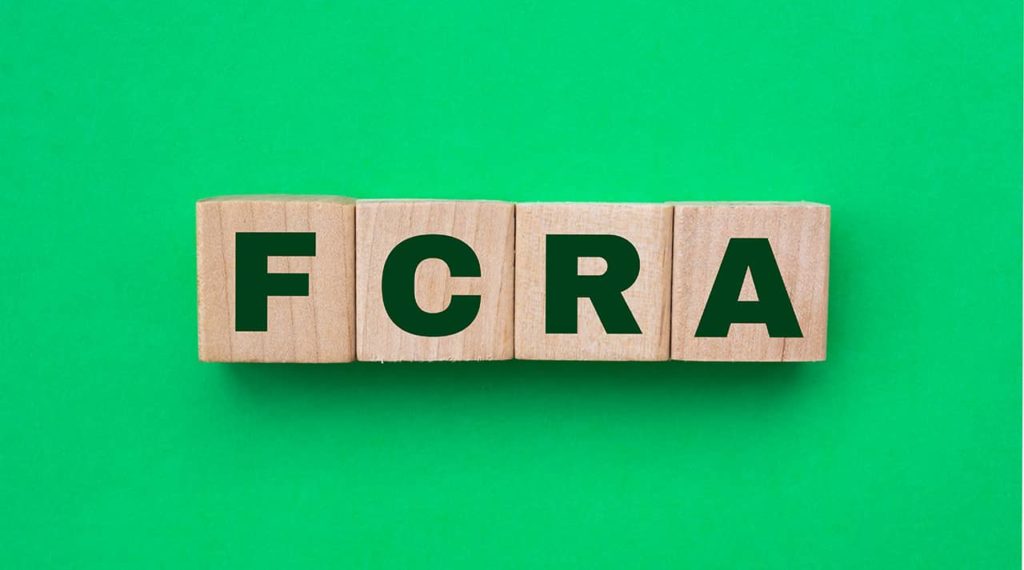The U.S. Supreme Court will likely settle a circuit split over whether the civil-liability provisions of the Fair Credit Reporting Act (FCRA) “unequivocally and unambiguously waive the sovereign immunity of the United States.” The Third and Seventh Circuits allow FCRA litigation against the federal government, but the Fourth and Ninth Circuits hold that immunity is not waived by the statute.
The case, which has limited or no impact on consumer reporting agencies, is Dep’t. of Agriculture Rural Development Rural Housing Service v. Kirtz. The plaintiff, Reginald Kirtz, disputed a debt on his credit report with the Department of Agriculture. The Department, Kirtz said, listed him as 120-days passed due when he said he did not owe anything on a loan he took out from the Department. As noted in the government’s petition, “[a]ccording to Kirtz, however, neither [the student loan servicer involved] nor the USDA took any action to investigate or correct the disputed information, in violation of § 1681s-2(b)(1).”
As noted in Kirtz’s opposition brief, the “USDA argued that federal agencies are not ‘person[s]’ that may be named defendants under sections 1681n and 1681o and, therefore, that the FCRA does not waive federal sovereign immunity.” The opposition brief added that “the court of appeals, recognizing that Congress may ‘waive [sovereign] immunity by enacting a statute that authorizes suit against the government for damages or other relief,’ explained that whether Congress has done so ‘is a question of statutory interpretation.’”
The Supreme Court will hear the case in the Term starting in October. Its outcome will determine whether the federal government is held to the same rigorous FCRA standards as the private sector.

Eric J. Ellman is Senior Vice President for Public Policy and Legal Affairs at the Consumer Data Industry Association (CDIA) in Washington, DC. He also served for eight months as Interim President and CEO of the Association. More
